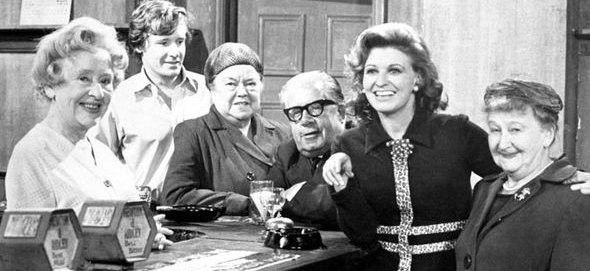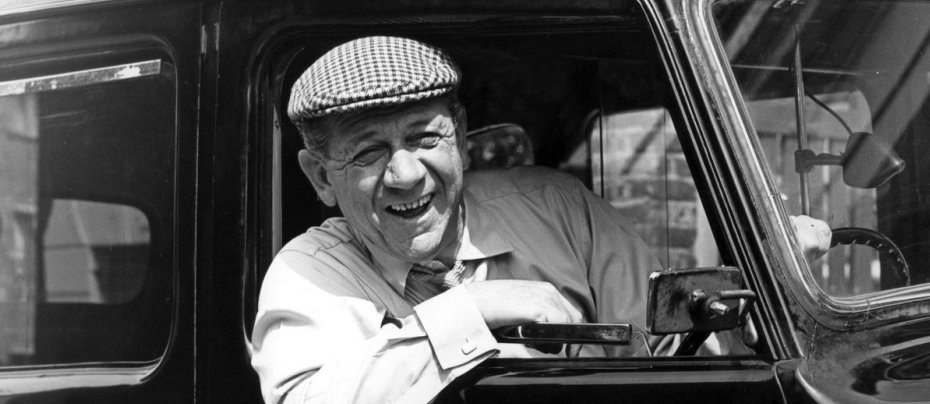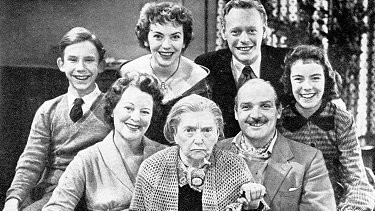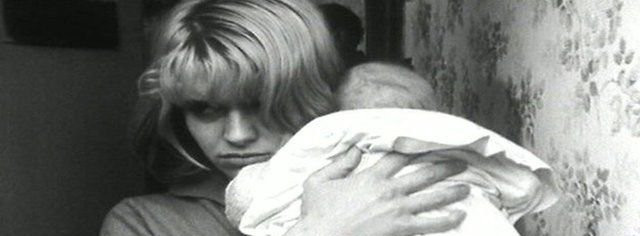
Cathy Come Home
1966 - United KingdomIn 1966 The Wednesday Play brought us one of the most significant pieces of work that has ever been transmitted on British television. Written by Jeremy Sandford and directed by Ken Loach, this single drama had such a profound effect on its showing, that Britain would never be the same again. The play was called Cathy Come Home.
By the late 1950's and early 1960's a new wave of plays depicting the gritty reality of life in Britain was introduced to the television audience via the ITV series Armchair Theatre. Under the guidance of series producer Sidney Newman, playwrights such as Harold Pinter, Alun Owen and Robert Muller tackled hitherto taboo subjects such as infidelity and unplanned pregnancies among the working classes. This approach to important social issues in a series of kitchen sink dramas with their no-holds barred realism earned the series the nickname "Armpit Theatre."
However distasteful some viewers may have found these subjects the fact was that there were serious social and political issues that could not, indeed would not, be ignored. When Newman left independent television to take up a post as Head of Drama with the BBC, he took his hard-hitting play format with him. Now called The Wednesday Play, the new series became a showcase for emerging talent such as Ronald Eyre, David Mercer and Dennis Potter. But it was Jeremy Sandford's study of a homeless family in 1966, that was to have the biggest impact.
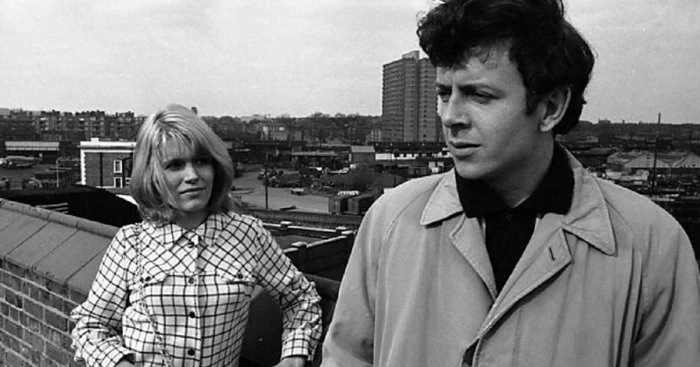
Cathy Come Home tells the story of a young northern lass (an emotionally powerful performance by Carol White), who makes her way to London, meets and marries a local lad, Reg (Ray Brooks), and soon finds herself the mother of three children. An accident at work leads to Reg's long-term unemployment and as the story continues to unfold the family is torn apart by the fact that they have no permanent roof over their heads.
Completely helpless, they slowly, but inexorably, fall headlong into a downward spiral of squalor, from a pokey caravan to an eventual hostel for the homeless. Torn apart in this way, the couple separate and eventually Reg stops paying for their keep, until Cathy and her children are thrown onto the streets.
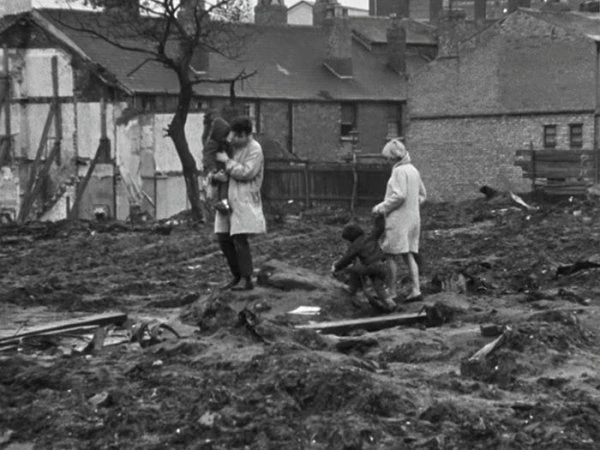
The despair experienced by Cathy as her children are forcibly removed from her by Social Services in the final scene of the play touched the hearts of the nation. Gritty realism was achieved by keeping scenes to a minimum and, shot in documentary style with a hand held camera, a soundtrack devoid of music and punctuated with urban noise throughout; many viewers thought that they were watching a true story unfold, and those that didn't felt distinctly uncomfortable by the deliberate blurring between drama and documentary. Other critics defended the programme makers' right to introduce this near-reality in order to engage the viewer’s sympathy, a vital ingredient in bringing home Jeremy Sandford's message for the need for social reform.
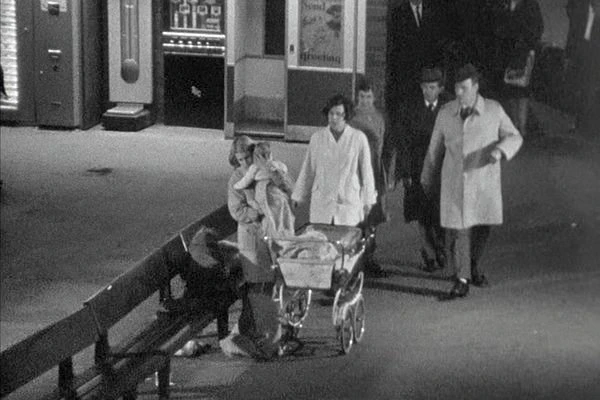
Never before or since has one single piece of drama had such an effect on an entire nation. The play was watched by 12 million people - a quarter of the British population at the time and the stark realism of Cathy Come Home led many of them to make angry calls for action to prevent such circumstances from happening. The changes in social attitudes and awareness were significant, and the issues addressed were discussed in Parliament. As a direct result of the play the homeless charity, Shelter, was founded a week later as a national campaign for the homeless, and quickly became an important voice in housing matters.
Stark, unremittingly grim and charged with a palpable tragic power which haunts the minds of those who saw it to this very day, Cathy Come Home remains as a truly ground-breaking piece of dramatic documentary fiction which was to cause great debate over the very nature of broadcast drama. Although director Loach has constantly refused to take credit for the impact that "Cathy" had on social attitudes, stating that the drama had a minimal effect, and reminding us that the homeless problem is far worse today than it ever was in the 1960's, rarely has a programme so clearly illustrated the true power of television. Even more rarely has television succeeded in touching the conscience of an entire nation.
Seen this show? How do you rate it?
Seen this show? How do you rate it?
Published on December 3rd, 2018. Humar.






